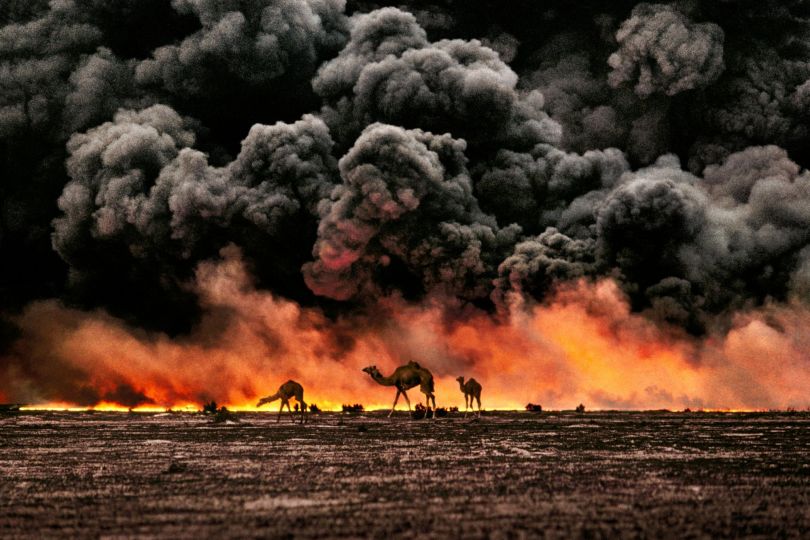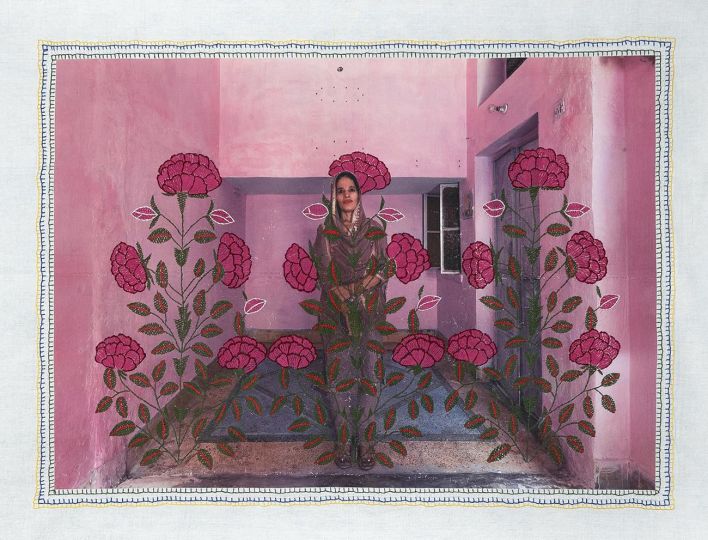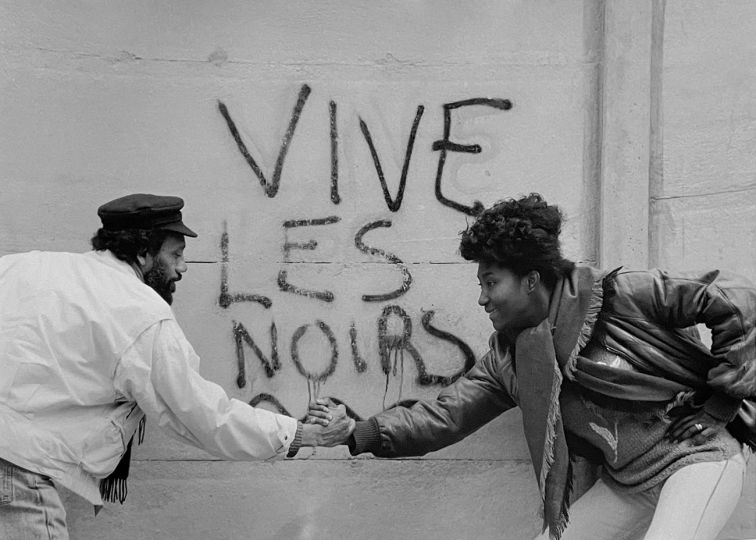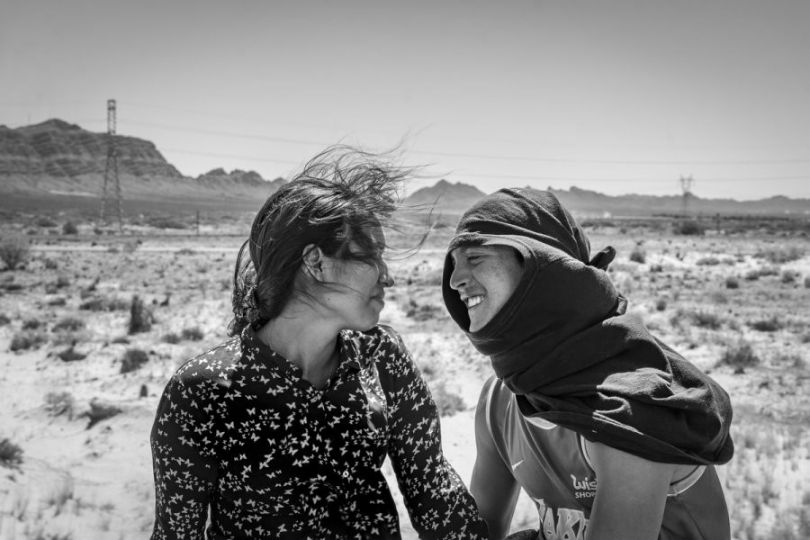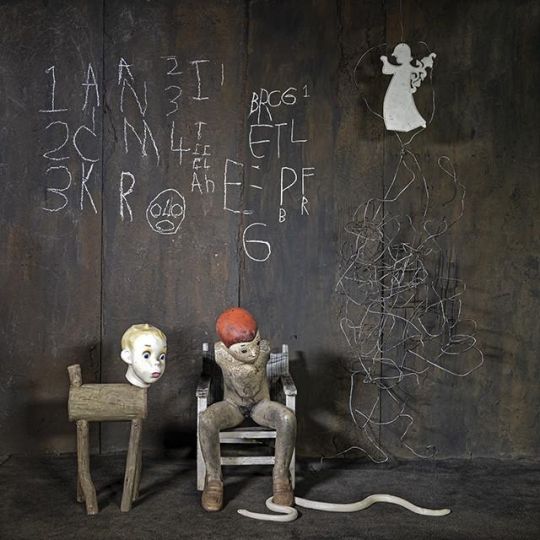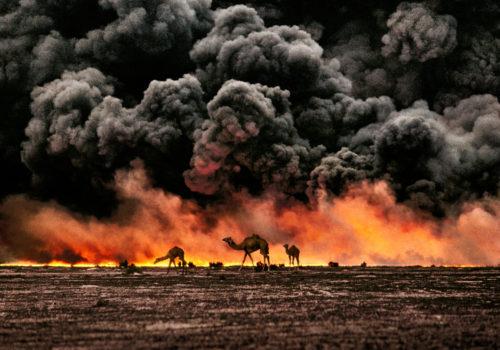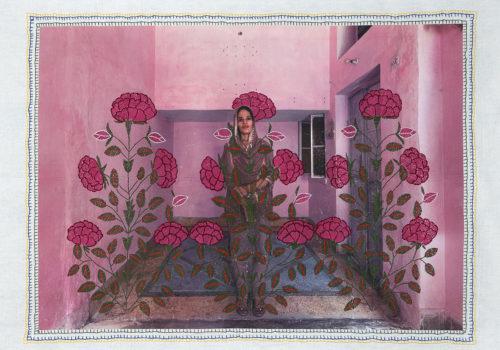Gender, 2nd Prize
The Secret History of the Mongols, considered to be the oldest Mongolian language literary work, is the single significant native account of Mongolia’s rise to power around the 12th century AD. Providing a clear narration of the vicissitudes that brought a dispersed land of nomads to become the dominating power in Asia. The work paints a clear portrait of the journey taken by a young Temuiin before he became the great ruler of Asia, Genghis Khan. Blended with fictional and historical accounts, the epic poetry and narrative recounts how the warrior was able to organize more than thirty tribes battling each other for control and how once in power, with the objective to increase his population and face his enemies,he declared homosexuality illegal under death penalty. It is curious to recall that transsexuality has a certain root inside the Mongol tradition. The Shaman had a special status inside the nomad population. They would connect the spiritual world to the human world. Today, more than eight hundred years later, Mongolia is a sovereign country with the lowest population rate in the world, lower than two inhabitants per square kilometer. Being a homosexual continues to be taboo. The weight of tradition and the years under Soviet control, a time in which homosexuals were sent to the gulag, form a ballast for gays, lesbians, and transsexuals, who continue to be repressed, rejected, and victimized. Condemned to a life of secrecy, many of them find themselves turning to prostitution. Others lead a life of solitude. The younger wrestle to flee Mongolia, to countries such as the Philippines or Japan, where their ‘condition’ is much more tolerable and dreams of a sex change are attainable, but above all, to find an identity which in their native land, has been denied way too long.
Alvaro Laiz


